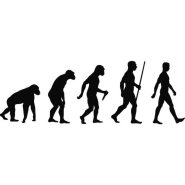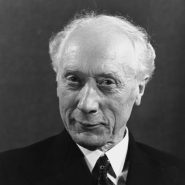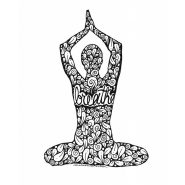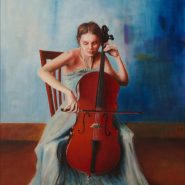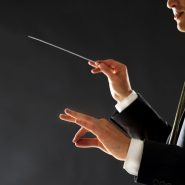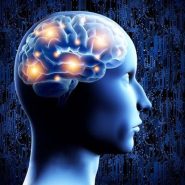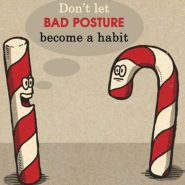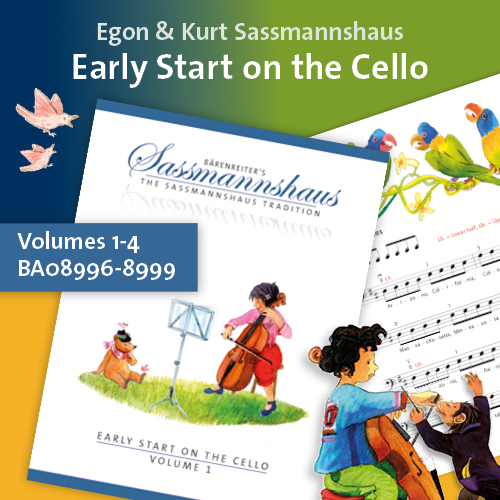Tag: body
By Selma Gokcen May 19, 2015
Subjects Playing Healthy, Practicing
By Selma Gokcen February 5, 2015
Subjects Playing Healthy
By Gregory Beaver May 27, 2013
Subjects Playing Healthy, Practicing
Tags advanced breath control, aerobic exercise, Awareness, balance, Beaver, body, breath control, breathing, breathing with scales, CD player, cellists, cello, cellobello, chest, control, controlled frenzy, Coordination, diaphragm, emit sound, Gregory, heart rate, Improve your talent, improvement, light-headed, muscles, musicians, oxygen, practicing, relaxation, simple formula, skill, smoothness, stomach, strengthen the diaphragm, T’ai Chi, talent, Technique, trouble passages, unbalancing the body, weakness, yoga
By Selma Gokcen March 4, 2013
Subjects Playing Healthy
By Selma Gokcen April 23, 2012
Subjects Playing Healthy
Tags Alexander Technique, anxiety, body, Casals, cello, cellobello, expression, Gokcen, movement, music, musicians, power, quietness, Selma, Spine
By Selma Gokcen February 12, 2012
Subjects Playing Healthy
Tags Alexander Technique, Awareness, body, cello, cellobello, Gokcen, healthy playing, lessons, Mind, movement, nature, Preparation, progress, repetition, Selma, sensations, Sensory, tension
By Selma Gokcen July 9, 2011
Subjects Playing Healthy
